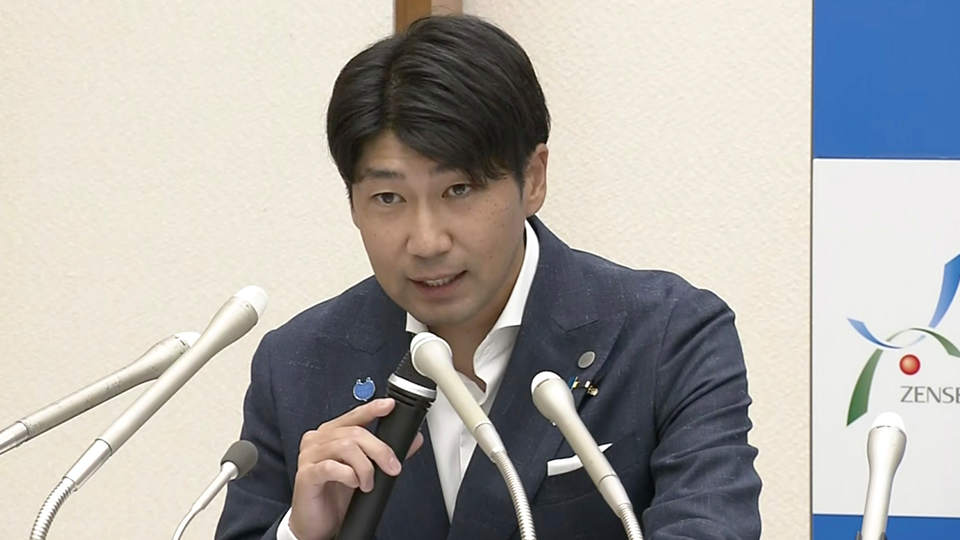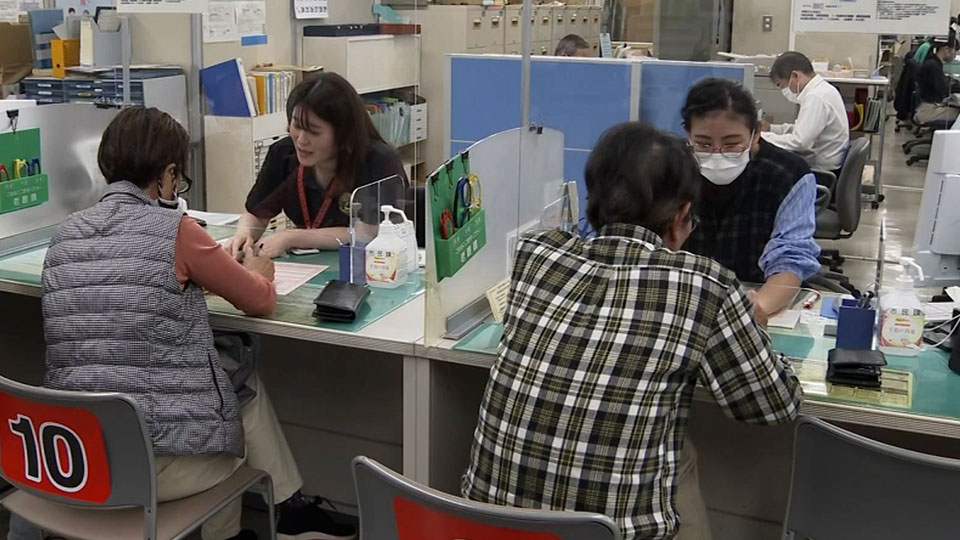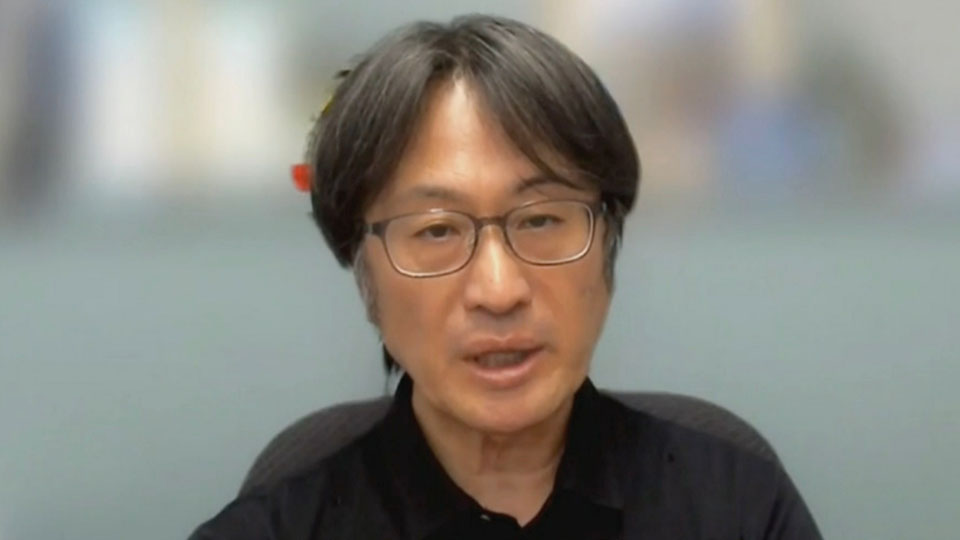The industrial union UA Zensen, representing over 1.8 million members, reported on June 5 the results of the survey on customer harassment. The survey covered members in the service industry, with more than 33,000 responding. About one in two, 46.8 percent of the respondents, said they had experienced abuse by customers within the past two years.
Asked about their physical or mental state after these encounters, some said they suffered from anxiety long afterward, while others said they had to seek psychological help.
A senior official at the union, Sato Kota, said the survey highlights the need to learn more about harassment damage, and to take measures from the viewpoint of service workers.

He is calling on the need for a law that will require companies to take steps to prevent customer harassment.
Street interview on service industry workers
NHK asked people in the service-sector about troubling confrontations with customers.
One woman who works as a cashier at a supermarket said she was yelled at by a customer who complained he was unable to exchange money even though the store is equipped with automated change machines. She added she had told him previously that money cannot be exchanged in the store.
A clothing sales assistant said one customer demanded that an item, which was sold out, be sent over without delay. The worker said rude customers cause him to lose motivation to interact with others. He added, "I feel like leaving the service industry."
Another supermarket cashier said a shopper who bought sashimi protested that the quantity of the fish in the package was inadequate. She said, "I work hard, why do I have to be told things like this?" She said the experience left her feeling despondent.
Using AI to tackle harassment
Softbank, together with the University of Tokyo, is creating technology using artificial intelligence to tackle harassment.
They have developed an AI system to reduce the psychological stress on call center workers ― by changing the voice tone of angry callers.
"Are you telling me you are going to ignore a long-time customer? How could you do this to a customer of five years? I can't understand it at all unless you explain it to me carefully."
The speech, based on a common occurrence at call centers, induces anxiety and fear in the receiver.
But with AI processing to "remove anger," the voice can be made to take on a friendlier pitch.
The developers say speech can be altered in a variety of ways. The voice can also be transformed to sound like that of a child.
The company said each operator will be allowed to select a voice that will not make them feel intimidated, while still recognizing a customer's anger.
They plan to put the system into operation by the end of next fiscal year.
Project leader Nakatani Toshiyuki said the turnover rate at call centers is high and the work environment has not improved. "These people suffer from harassment on a daily basis and I want to remove their suffering and make their workplace a bright one in the end," he said.
Removing first name
Customer harassment is not only a problem at private companies. Local government workers are also subject to harassment. Cases of harassment include being summoned to a citizen's home and being detained for eight hours, or being intimidated with such threats as, "I'm going to beat you with a wooden sword!"
One local government in Tochigi Prefecture has removed from name cards the first name of its civil servants in order to prevent harassment from citizens. Employees at Utsunomiya City Hall previously showed their name in full, but from June 1, the name cards now only show their family name.
The measure was taken in response to a series of cases in which citizens, unhappy with employees at consultation desks, threateningly took photos of their name cards.

In March, the city of Tokushima started using name cards showing only the family name of employees printed in hiragana and romaji, or Roman alphabetization.
This is to safeguard personnel who fear their names could be the subject of internet searches and the posting of negative comments on social media.
However, section chiefs, or higher, who engage in external communications will continue to use cards showing their full name.
Tokyo eyes ordinance
The Tokyo Metropolitan Government is considering an ordinance aimed at preventing customer harassment ― the first of its kind in Japan.
Tokyo officials are working on legislation that would provide a clear definition of customer harassment. They say it would include "abusive and unreasonable demands that harm workplace environments."
The officials say the legislation will be applied to cases involving customers, as well as those who use services at public offices, schools and other institutions. There will be no punitive measures.
Tokyo aims to submit an ordinance bill to the metropolitan assembly by the end of the year.
Expert: Excessive service created customer harassment
Toyo University Professor Kiriu Masayuki points to the need to set a clear picture of what constitutes customer harassment.
He said that what's considered harassment differs from business to business, with some instances being seen as noticeably serious, while others are seen as negligible, or "grey."
Kiriu said Tokyo's plan to introduce an ordinance is significant in this sense as it would highlight various cases so as to draw a line between what is considered customer harassment and what is not.

"Both businesses and consumers must be aware that customer harassment has been the product of excessive services offered to users," said Kiriu.
He said measures should be ramped up to educate consumers and heighten their awareness so it's clearly understood that companies and customers are equal.
